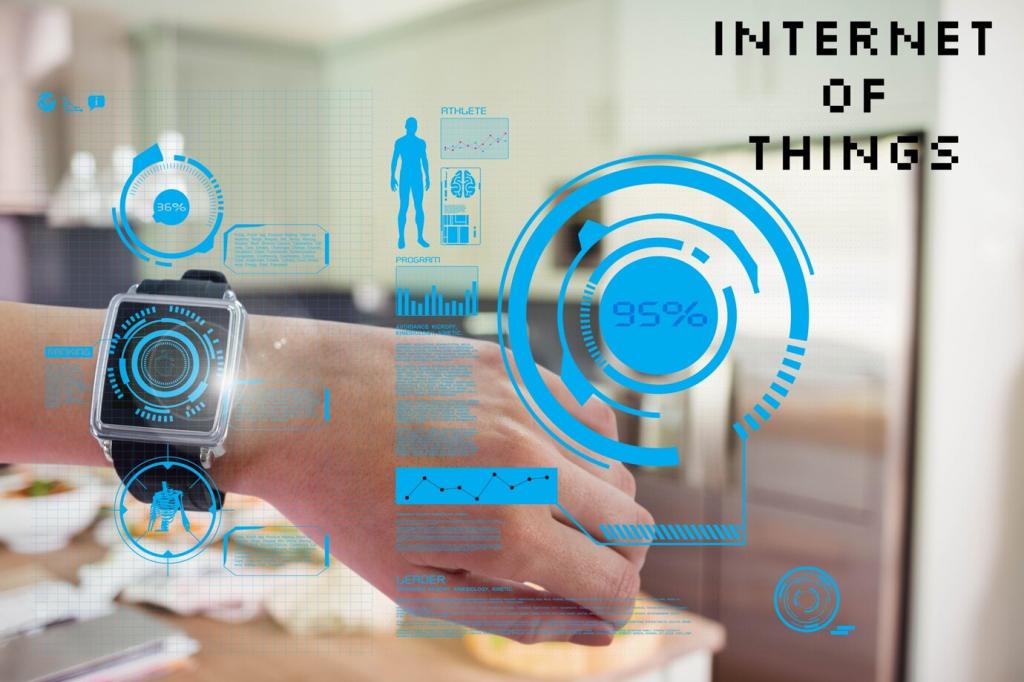Reinventing Energy: Solar, Wind, and the Rise of Green Hydrogen
Perovskite tandem cells are breaking efficiency records while researchers solve durability with better encapsulation and compositional tweaks. Imagine rooftops producing more power per square meter, even in low light. Would you consider upgrading if local incentives covered most costs?
Reinventing Energy: Solar, Wind, and the Rise of Green Hydrogen
Next‑generation turbines exceed 15 megawatts, and floating platforms unlock deeper waters with steadier winds. Predictive maintenance uses data to reduce downtime, lowering costs. If your coast embraces offshore wind, what concerns or hopes would you share at the town hall?







